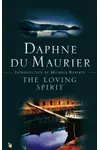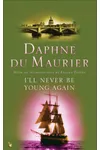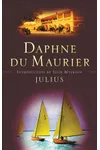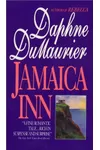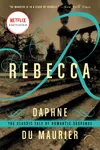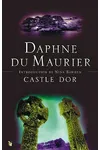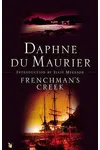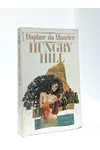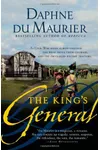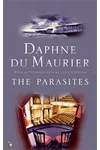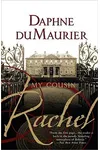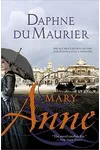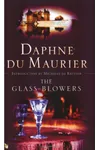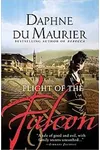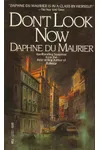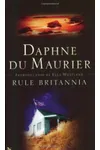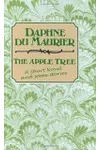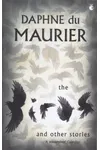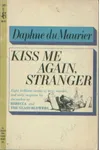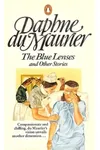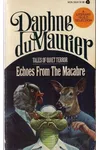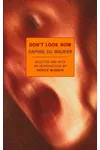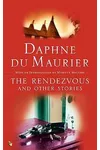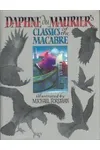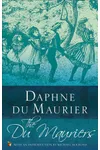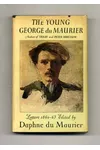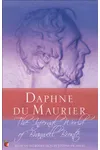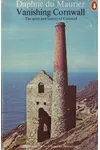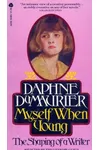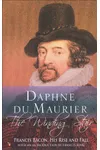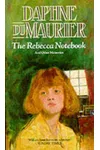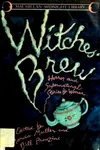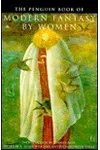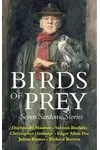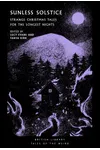Picture a British storyteller who spun tales of suspense and romance that still haunt readers today—meet Daphne Du Maurier! Born in 1907, this literary genius crafted atmospheric novels like Rebecca and Jamaica Inn, blending Gothic chills with unforgettable characters. Her stories, never out of print, continue to captivate and inspire, proving her mastery of the written word.
With a knack for weaving psychological depth into thrilling plots, Du Maurier’s work feels as fresh now as it did decades ago. Ready to dive into her world? Let’s explore the life, works, and lasting legacy of this remarkable author.
The Making of Daphne Du Maurier
Born on May 13, 1907, in London, Daphne Du Maurier grew up in a creative family. Her father, actor-manager Sir Gerald Du Maurier, and her grandfather, novelist George Du Maurier, filled her world with art and storytelling. Young Daphne, a dreamy reader, devoured books and began writing in her teens. Her love for Cornwall’s rugged coast, where she later settled, shaped her vivid settings. After publishing short stories, her first novel, The Loving Spirit, arrived in 1931, launching her career.
Her early life wasn’t all smooth sailing—shyness and a complex family dynamic fueled her introspective nature. Yet, these experiences honed her ability to craft nuanced characters, setting the stage for her literary triumphs.
Daphne Du Maurier’s Unforgettable Stories
Du Maurier’s novels are a masterclass in suspense, romance, and Gothic atmosphere. Her 1938 classic, Rebecca, is a haunting tale of a young woman overshadowed by her husband’s first wife. Its iconic opening line, “Last night I dreamt I went to Manderley again,” sets a dreamlike tone. The novel’s psychological depth and twisty plot made it a bestseller, later adapted into an Oscar-winning film by Alfred Hitchcock.
Jamaica Inn (1936) plunges readers into Cornwall’s smuggling underworld, with young Mary Yellan facing danger and deceit. Its gritty setting and moral ambiguity showcase Du Maurier’s versatility. My Cousin Rachel (1951) explores obsession and suspicion, keeping readers guessing about its enigmatic heroine. Her short story The Birds (1952), another Hitchcock adaptation, turns nature into a chilling threat. Du Maurier’s style—rich, evocative, and layered with tension—makes every page gripping.
Her themes of identity, power, and forbidden desire resonate across genres. By blending romance with darker psychological undercurrents, she carved a unique niche, appealing to both literary and mainstream audiences.
Why Daphne Du Maurier Matters
Du Maurier’s influence stretches far beyond her lifetime. Her novels redefined Gothic romance, paving the way for modern psychological thrillers. Writers like Sarah Waters and Gillian Flynn owe a debt to her complex heroines and suspenseful pacing. Her works, translated into dozens of languages, remain global bestsellers. Adaptations, from Hitchcock’s films to recent Netflix versions, keep her stories alive for new generations.
More than just a storyteller, Du Maurier captured the human psyche—our fears, loves, and secrets—with uncanny precision. Her Cornish settings, almost characters themselves, inspire literary pilgrimages. She showed that women could dominate suspense, leaving a legacy that’s as timeless as her tales.
- Born: May 13, 1907, in London, England
- Key Works: Rebecca, Jamaica Inn, My Cousin Rachel, The Birds
- Notable: Her novel Rebecca inspired Alfred Hitchcock’s 1940 Oscar-winning film
- Died: April 19, 1989, in Cornwall, England
About Daphne Du Maurier
Snag Rebecca or Jamaica Inn and dive into Daphne Du Maurier’s thrilling world of suspense and romance! Her stories are the perfect escape for any book lover craving a page-turner.
